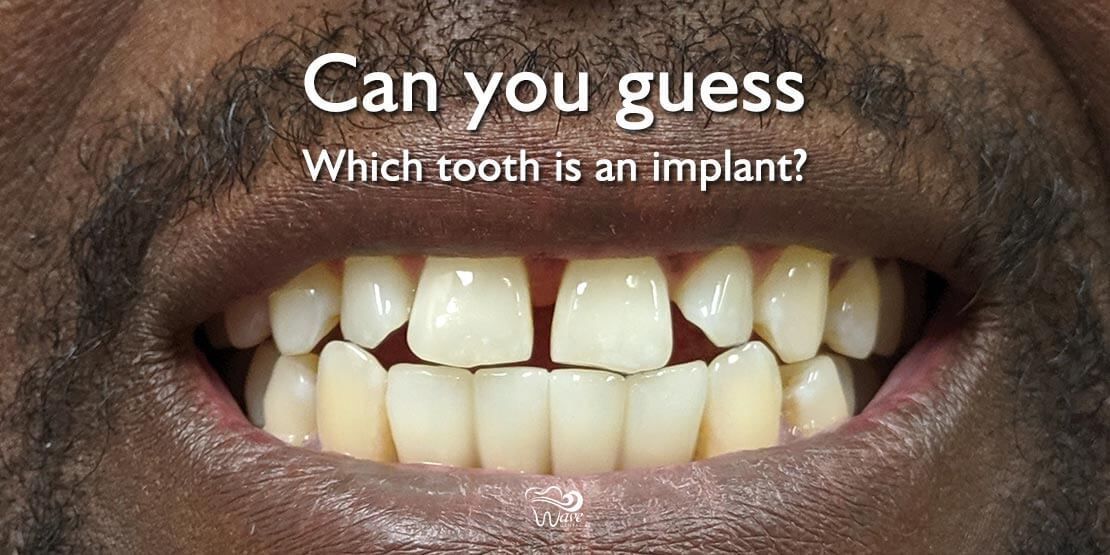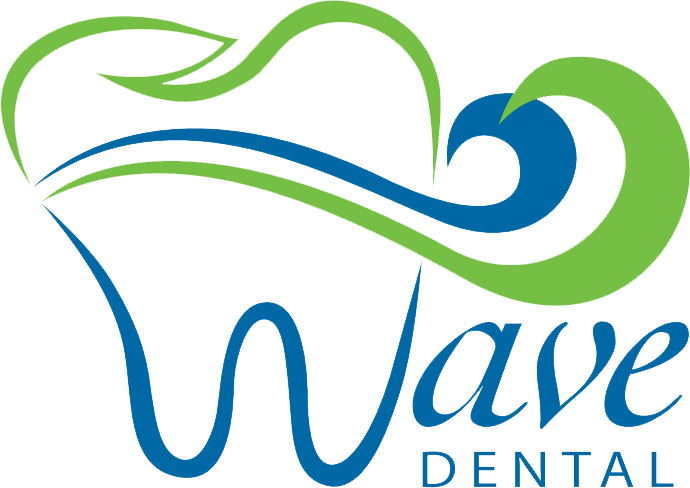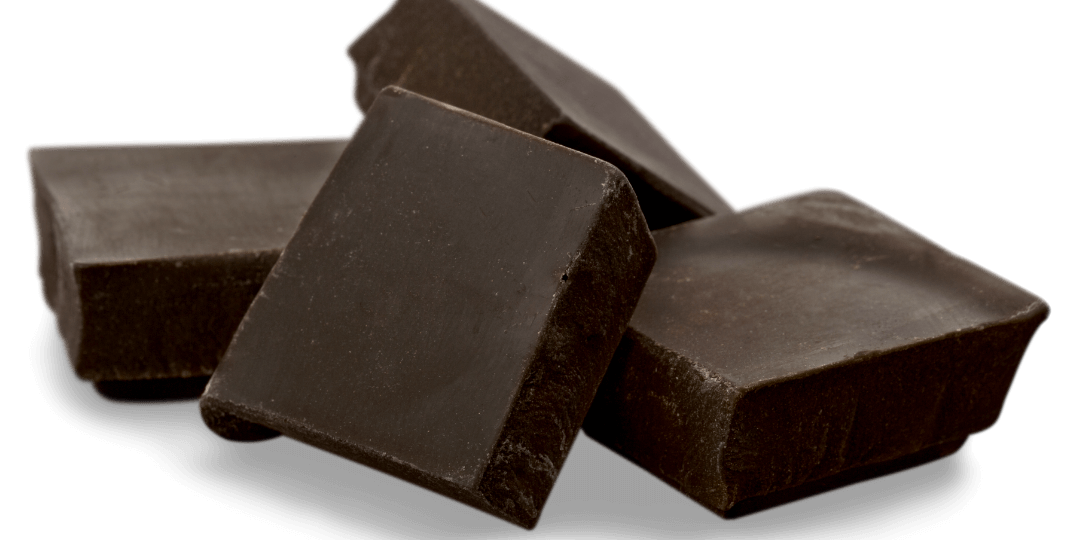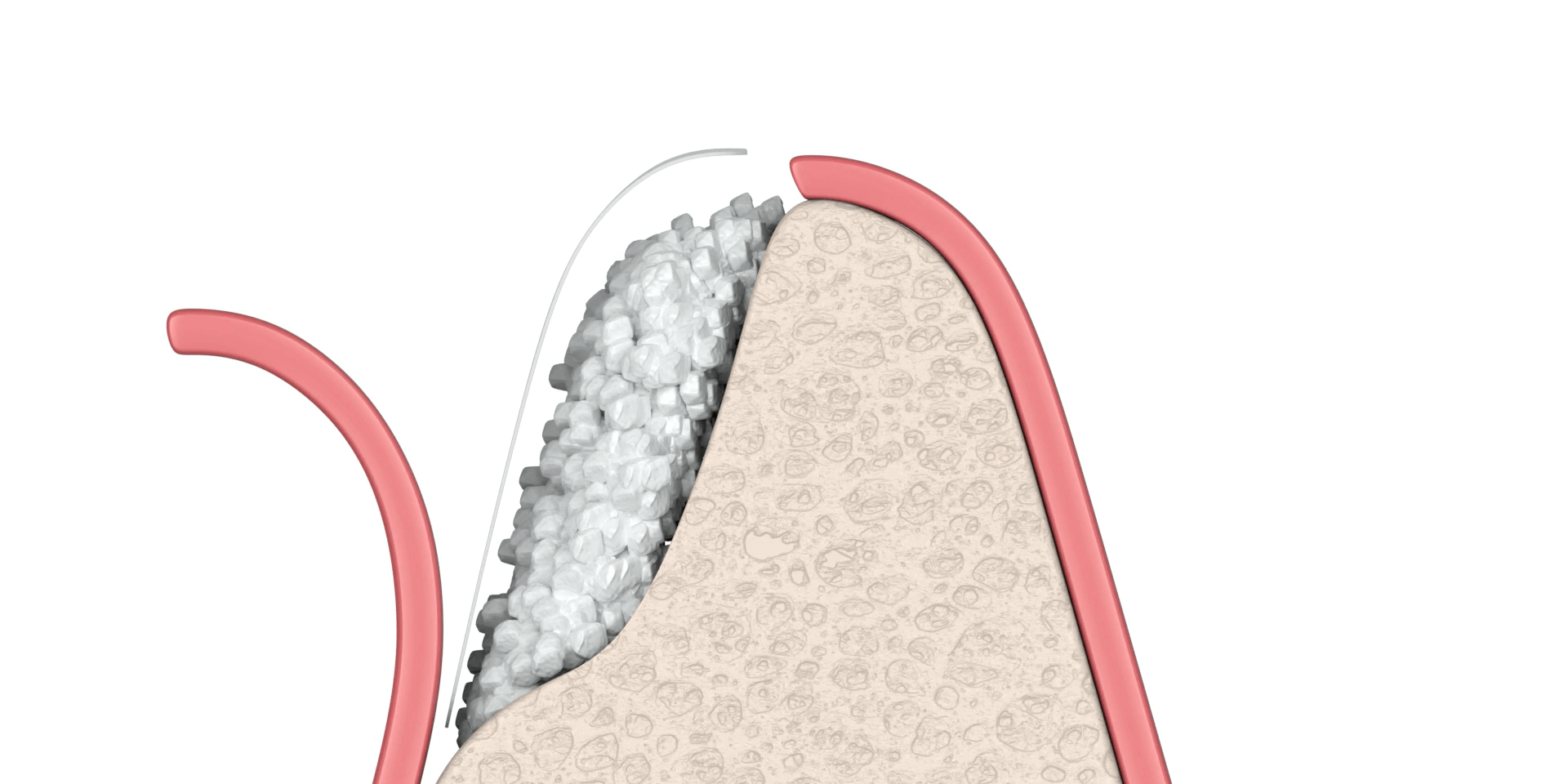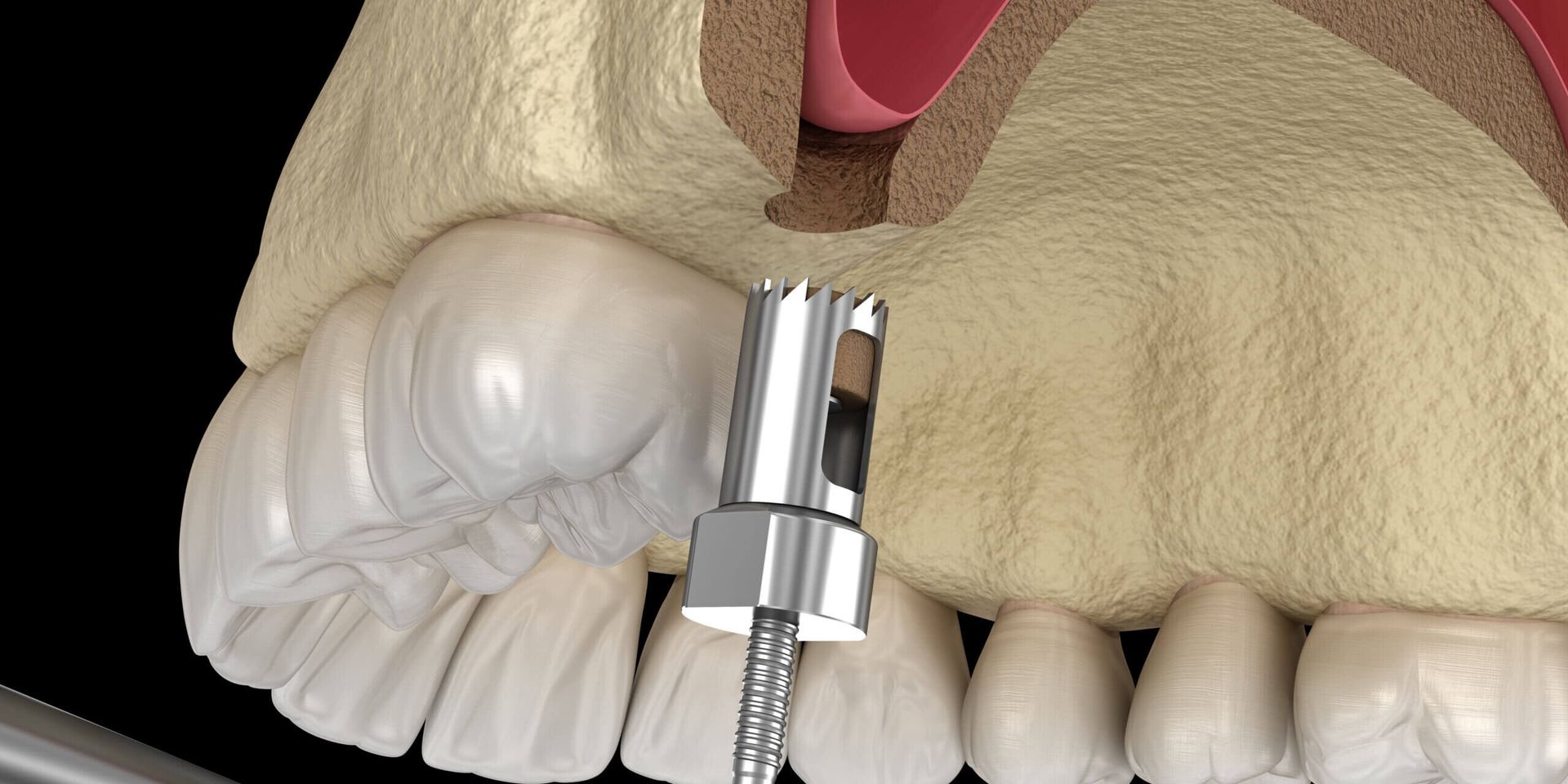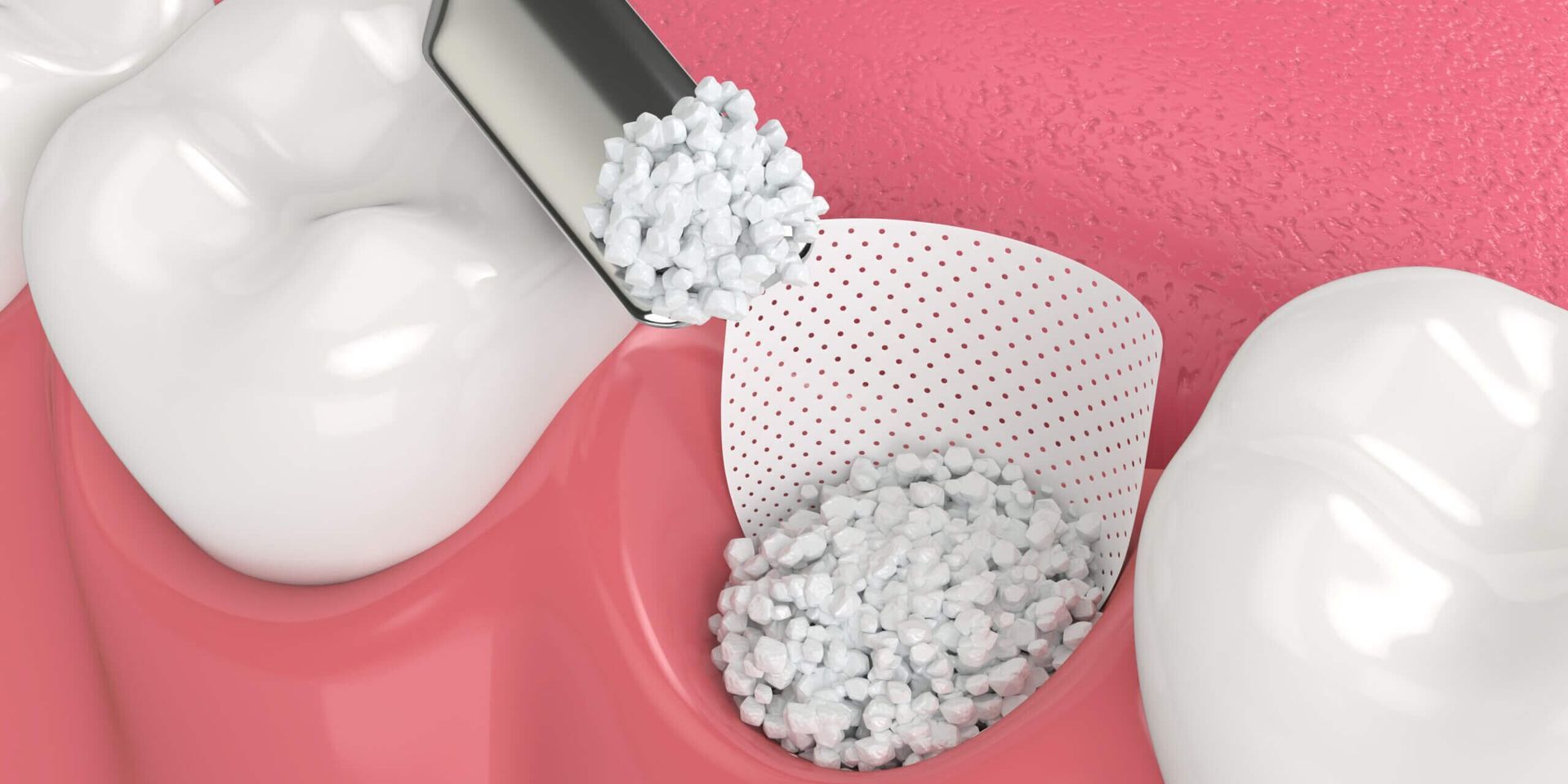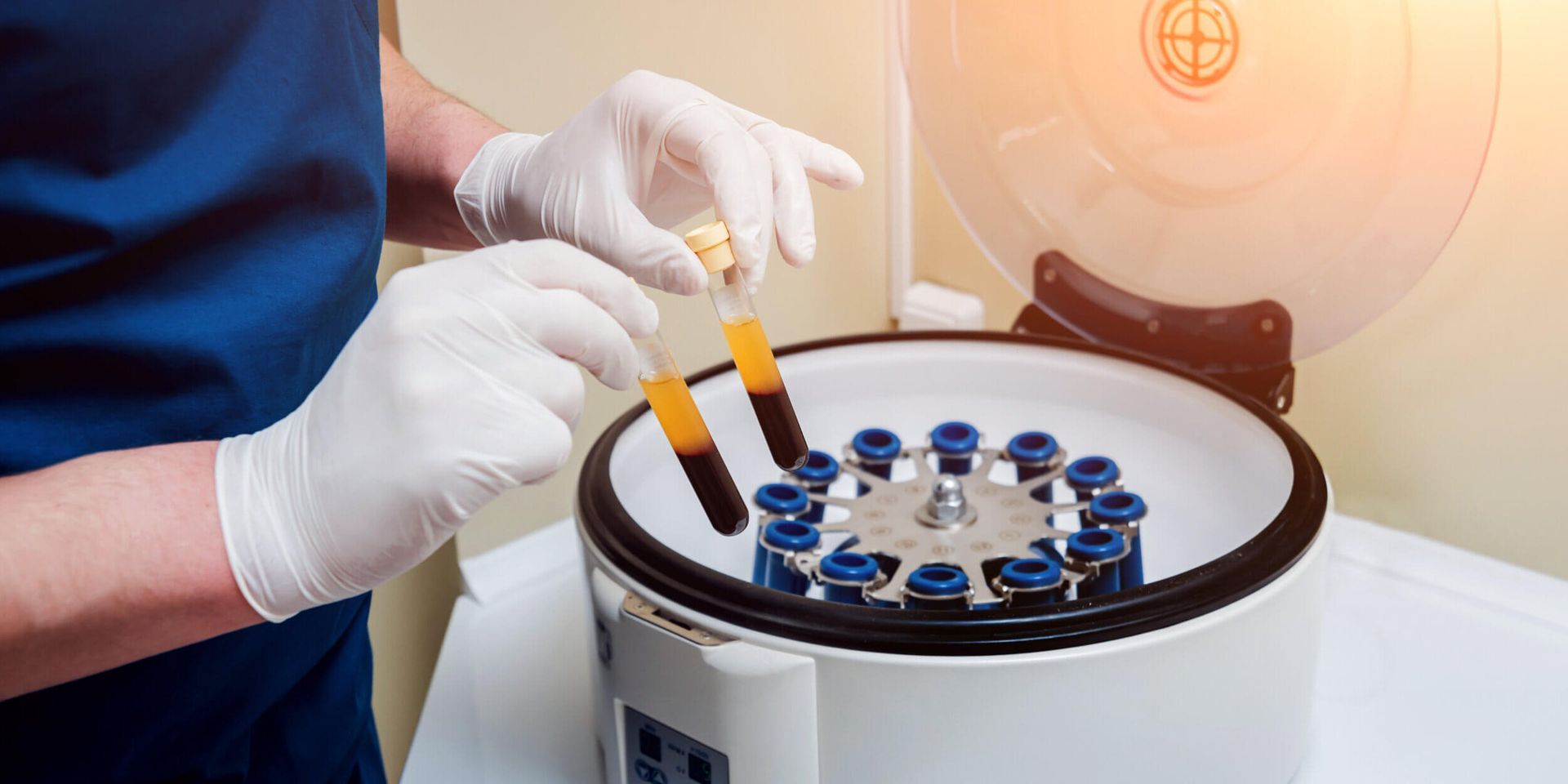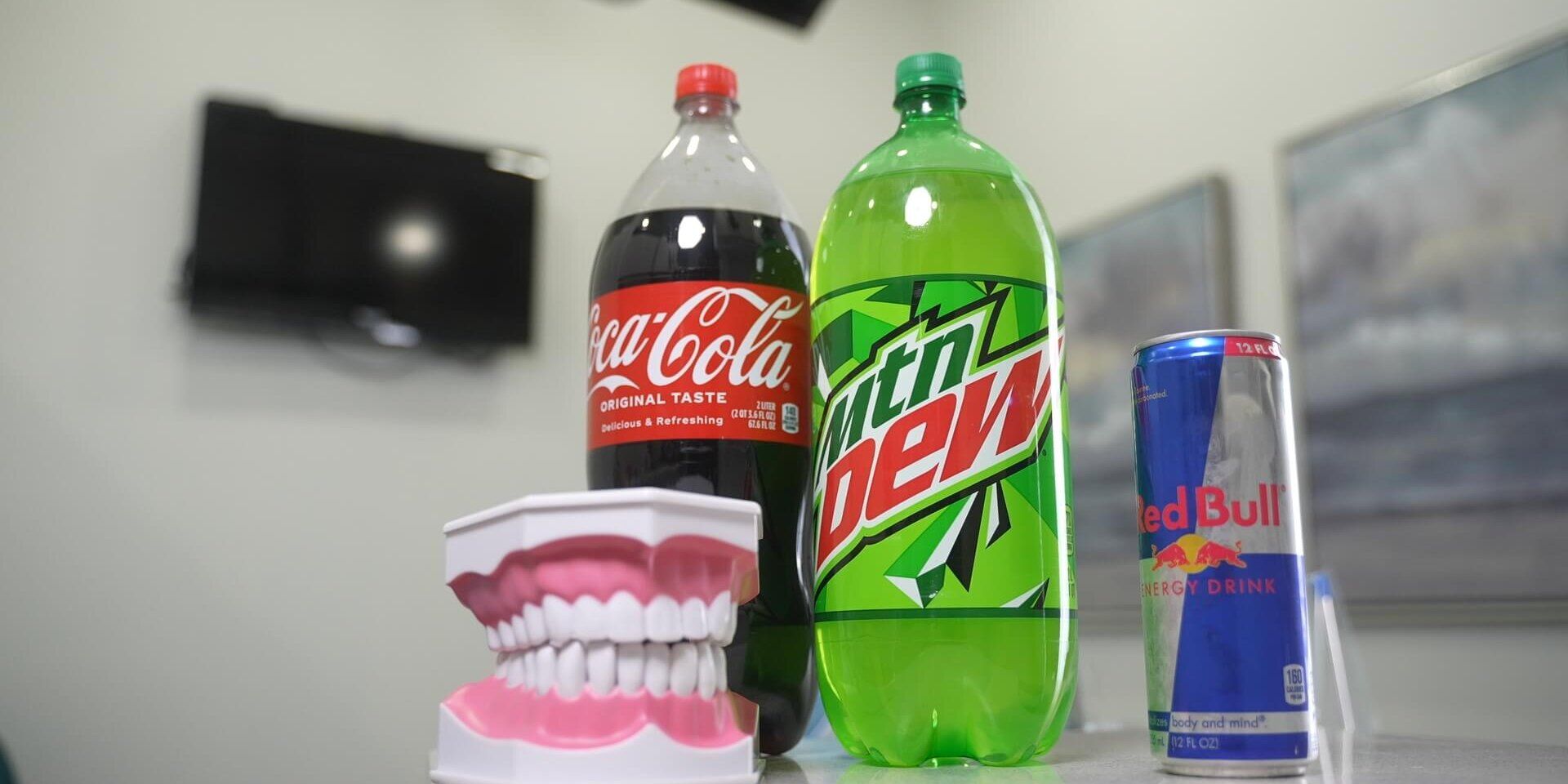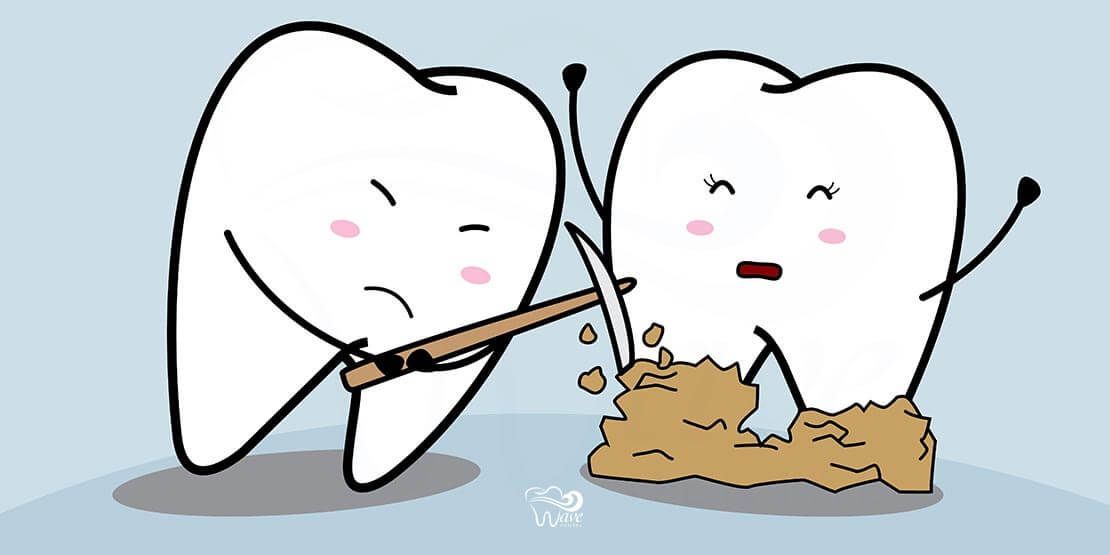What Causes Tooth Sensitivity?
This is a subtitle for your new post
What Causes Tooth Sensitivity?
Do you ever experience tooth pain upon chewing, or upon drinking something hot or cold? There are several types of sensitivity, and several possible treatments. Many patients fear the worst upon the first sign of sensitivity, but don’t panic! Oftentimes, the problem and solution are actually quite simple. But it’s always best to see your dentist to rule out any serious problems and get treatment early. The following are the most common causes of sensitivity.
Worn or Eroded Enamel:
Our teeth have 3 layers, the inner pulp, which contains the nerve; the middle, softer layer called dentin; and the outer, hard layer called enamel, which protects the tooth from decay, sensitivity, and other damage. There are several reasons the protective enamel can be worn away, including acid erosion, which can result from certain dietary habits or health problems such as acid reflux. Some patients also cause erosion by brushing too hard or using an abrasive substance to clean their teeth. Sometimes the sensitivity can be reduced by the use of a toothpaste for sensitive teeth, application of a desensitizing agent, or a small bonded filling, as long as the wear is not severe enough to necessitate a crown.
Physical wear on the teeth due to grinding or an uneven bite is another potential cause of sensitivity. Your dentist should be able to identify the source of wear and may recommend a nightguard or refer you to an orthodontist to correct any misalignment of your teeth.
The Recession of the Gums:
Our gums should ideally cover the roots of our teeth to protect them from cavities and sensitivity, but occasionally, they can recede, or pull away, causing an exposure of the roots to air and water. In these cases, the teeth become sensitive to cold air and even brushing. The good news is, this type of sensitivity is often the easiest and quickest to relieve with the use of a desensitizing agent or a special toothpaste. However, recession tends to get worse over time if the underlying cause is not treated, so make sure to talk to your dentist about how best to prevent further recession!
Uneven Restorations:
Did your sensitivity begin after a filling or a crown was placed? Our teeth have ligaments which are very sensitive to extra pressure from an uneven bite. Oftentimes, you may not even realize your recent filling or crown is too high, but your dentist may be able to make a small adjustment to even things out and relieve your symptoms! Make sure to go back to your dentist if a restoration remains sensitive for more than two weeks after being placed.
Deep Cavities:
Many patients assume a sensitive tooth must be due to a cavity. However, cavities can be present for months or years without causing any symptoms. Typically, a cavity will not cause any pain until it is quite close to the nerve, in which case it may be too late for a simple filling, and a root canal may be necessary. This is one more reason to see your dentist every 6 months in order to detect any cavities while they are still small!
Sinus Problems:
I have personally seen many patients who were convinced something was terribly wrong with one of their teeth, only to have their sensitivity resolve by treating a congested sinus! Allergies and other causes of sinus congestion can often place pressure on the roots of the upper teeth, making them extra sensitive. Your dentist may refer you to your physician to recommend allergy treatment or to refer you to an ENT if sinus problems are identified.
Fractured Teeth:
There are many reasons a tooth can crack, or fracture, and the severity can range from very minor chips, which can be repaired with a small filling, to major fractures requiring a crown or even a root canal. In rare cases, a tooth can fracture through the root, in which case it must be removed. Your dentist may do some tests or specific imaging to diagnose whether a fracture is present.
I hope this post has been beneficial, and as always, please feel free to email me with any specific questions. Thank you for reading!
